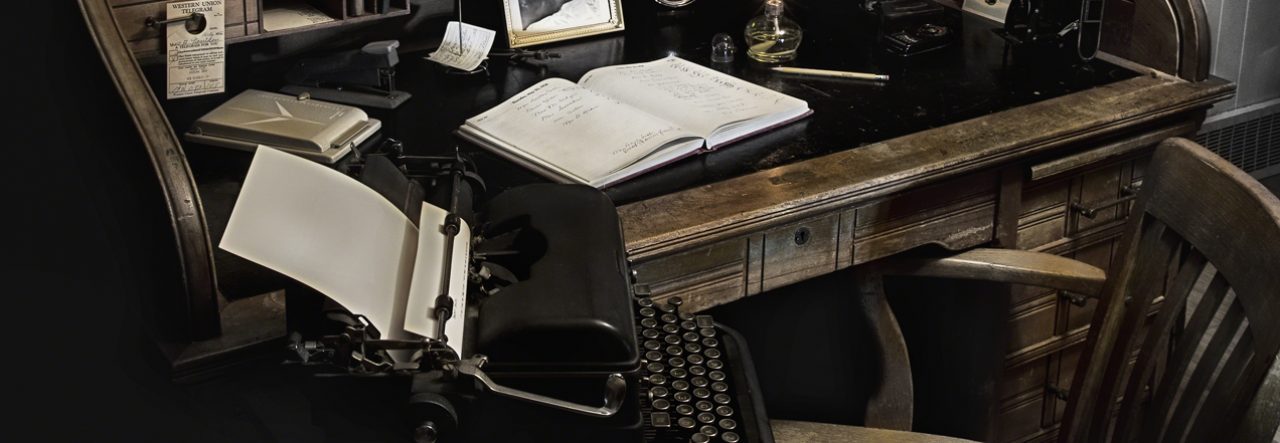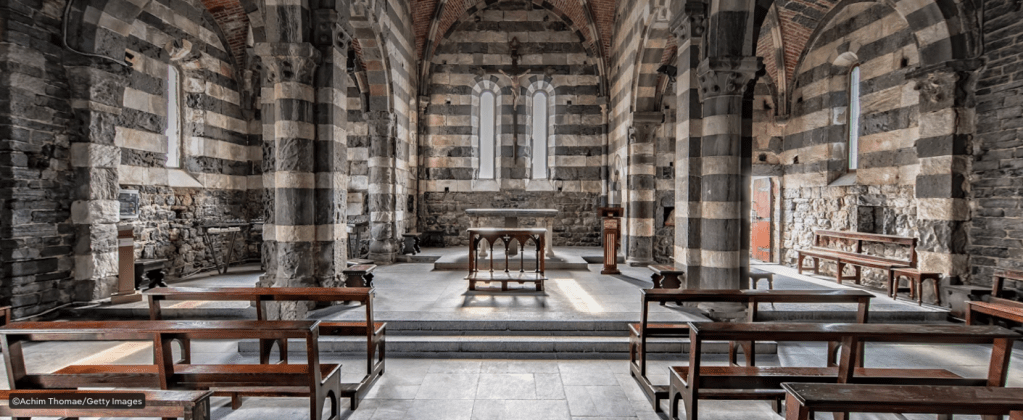Dear Will:
Dana and I were headed to Italy—not right that moment, but in a few days—when it occurred to me that maybe I ought to have a dentist take a look at this weird bump in my mouth—you know, in case it was something. It was, the dentist told me, and recommended an excellent endodontist who could probably do a root canal before I boarded the plane for Naples.
The endodontist was excellent—enough to recognize that I did not need a root canal after all. “A root canal won’t do you any good,” she told me. “That tooth has got to come out. But I can recommend an excellent periodontist.” (Which, I guess, is not the same as an endodontist, neither of which is a just-plain-dentist even though they all went to dental school. How are we supposed to keep up with this stuff?)
Isn’t it funny how we all talk like root canals are the epitome of horrible when all along there is something actually worse? Have the idiom writers never been to the periodontist? It’s like they’re not even trying! I did not know it was possible for “You don’t need a root canal” to be bad news. Someone should tell you these things.
Just so you know—in case you have a weird bump in your mouth, for instance—when they tell you the molar has got to go, you may then find yourself having another conversation you may never have anticipated. It goes something like this:
“So, you have a couple of options. We can just pull it out and leave a gap at the back of your mouth. Eventually the bone and skin will just grow over the hole. But if you do nothing, over time your upper molar will gradually descend from the gum to fill the gap. Eventually it could start to create problems of its own.”
Having not attended dental school, I have no idea if that’s actually true or even if what I just shared with you is an accurate reflection of what the periodontist said. But it is certainly what I heard. So rather than going with the eventual out-of-control, mega-molar super-fang, I opted for one of those ultra-glam implants everyone’s talking about. Or should be, anyway. Did you know that a dental implant involves both discarded cow bones and cadaver skin? Think about that next time you’re about to kiss Grandpa goodnight.
So yeah, this is the new me, partway through a dental implant procedure with a gaping hole in the back of my maw. And although I’m sure I’ve already over-shared, I feel I would be remiss if I stopped here without sharing one last thing.
All of this pain and suffering naturally got me thinking about the most recent election. (Didn’t see that coming, did you? And now you can’t even say, “Do we have to talk about this? I’d rather have a root canal!”—because I’ve ruined that idiom for you forever. Ha!)
So anyway, politics. Regardless of how you voted, perhaps like me you are mystified that over half the country disagrees with you, that even though the choice this time around was so obvious, more than half of your fellow Americans either believe you got it wrong or don’t care enough to pay attention. How is that possible?, you might wonder. It should not even be close! Everyone has access to the same information, and yet we come to totally different conclusions. No wonder we often find it hard to co-exist.
And yet, we must. “There must be opposition in all things,” the scripture says—and that’s not just a philosophical observation. Opposition—I recently learned while someone was jamming sharp instruments dangerously close to my uvula—may be the only thing keeping us from growing even uglier and more crooked than we already are. Pushback is not only a good thing—it’s vital to the whole operation.
I can’t tell if this not-very-profound thought is my attempt to make myself feel better about the pain I’ve been suffering, but I have found it helpful perspective as I ponder the future—of both my mouth and my country.
Go ahead and spit.
PW




